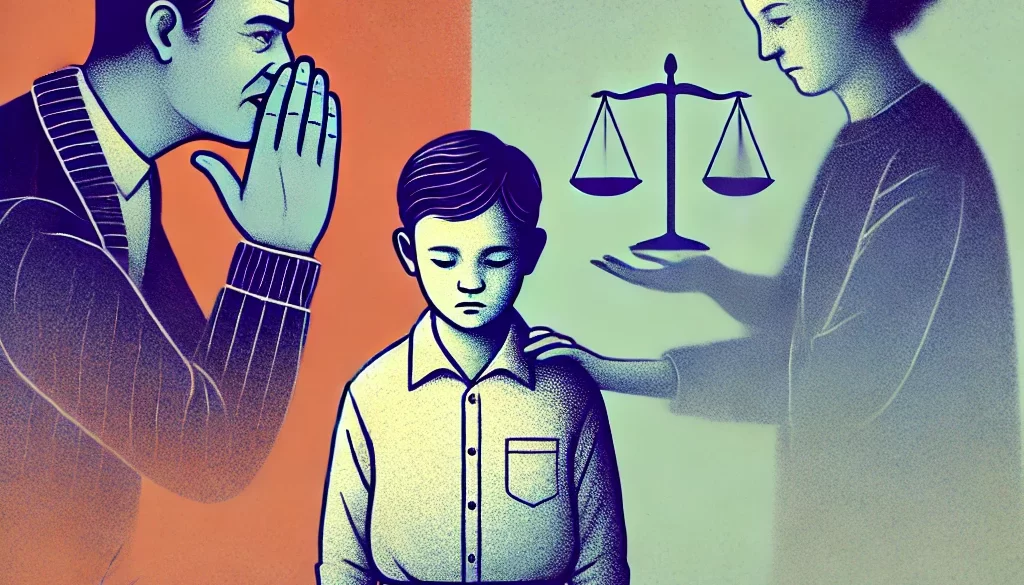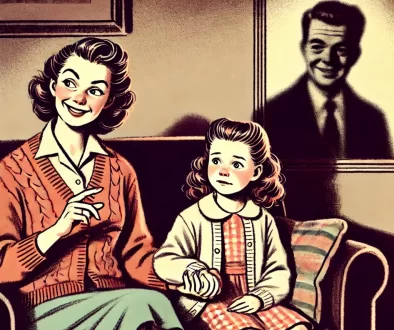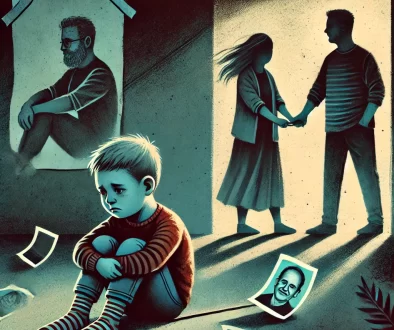What Is Parental Alienation Syndrome?
Parental Alienation Syndrome (PAS) is a term used to describe a psychological condition in children that arises when one parent, through manipulation or coercion, turns the child against the other parent during or after a high-conflict divorce or separation. The term was first introduced in the 1980s by Dr. Richard Gardner, a psychiatrist, to describe the behaviors and emotional dynamics resulting from such alienation.
Although controversial and not officially recognized in the DSM-5 (the Diagnostic and Statistical Manual of Mental Disorders), PAS remains a topic of discussion in legal, psychological, and family advocacy circles due to its profound impact on children and families.
Understanding Parental Alienation
Parental alienation occurs when one parent (the alienating parent) uses tactics to damage the relationship between the child and the other parent (the targeted parent). These tactics may include:
- Negative Comments: Constantly speaking poorly about the targeted parent in front of the child.
- Limiting Contact: Preventing or discouraging the child from spending time with the targeted parent.
- False Allegations: Accusing the targeted parent of abuse or other misconduct without evidence.
- Undermining Authority: Encouraging the child to disrespect or defy the targeted parent’s rules or decisions.
- Emotional Manipulation: Using guilt, fear, or loyalty conflicts to sway the child against the other parent.
Over time, these actions can lead to the child rejecting or fearing the targeted parent, often without justification.
Symptoms of Parental Alienation Syndrome in Children
Children experiencing PAS may exhibit the following behaviors or symptoms:
- Unjustified Rejection of the Targeted Parent: The child expresses hostility, fear, or disdain for the parent without logical reasons.
- Lack of Ambivalence: The child views the alienating parent as entirely good and the targeted parent as entirely bad.
- Borrowed Narratives: The child repeats language or accusations that appear to come from the alienating parent rather than their own experiences.
- Reflexive Support for the Alienating Parent: The child consistently takes the alienating parent’s side, even in situations that do not involve the targeted parent.
- Fear or Guilt Over Contact: The child may show anxiety or guilt when interacting with the targeted parent.
The Controversy Surrounding PAS
While PAS has raised awareness of the harms caused by parental alienation, it is not without controversy:
- Lack of Official Recognition: Critics argue that PAS is not supported by sufficient empirical evidence to warrant inclusion in psychological diagnostic manuals. Instead, parental alienation is often addressed as a behavior or dynamic rather than a syndrome.
- Misuse in Legal Cases: Some claim that PAS has been misused in custody battles, with abusive parents using allegations of alienation to deflect attention from their behavior.
- Focus on Syndrome vs. Behavior: Professionals often focus on the behaviors of alienation rather than labeling it as a syndrome, which can be divisive in court or therapeutic settings.
Impact on Children and Families
Parental alienation has severe consequences for everyone involved, particularly the child. The emotional manipulation and loyalty conflicts imposed on the child can lead to:
- Long-Term Psychological Harm: Anxiety, depression, low self-esteem, and difficulty forming healthy relationships.
- Strained Parent-Child Relationships: Alienated children may lose a loving and supportive relationship with the targeted parent.
- Generational Effects: The child may grow up to repeat patterns of manipulation and estrangement in their own relationships.
For the targeted parent, alienation can result in emotional distress, isolation, and legal battles to restore their role in their child’s life.
How to Address Parental Alienation
Dealing with parental alienation and PAS requires a collaborative approach involving legal, therapeutic, and social strategies:
- Therapeutic Intervention: Engage a qualified therapist who understands parental alienation to help the child and targeted parent rebuild their relationship.
- Legal Action: Courts may impose sanctions on alienating parents or mandate counseling and reunification therapy to address alienation.
- Education and Advocacy: Raising awareness about parental alienation among parents, educators, and the legal system can help prevent and address the issue.
Conclusion
Parental Alienation Syndrome highlights the severe impact of manipulative parental behaviors on children and families. While the terminology and concept remain debated, the underlying dynamics of parental alienation are widely recognized as harmful. Addressing these behaviors through education, intervention, and advocacy is essential to protect children’s emotional well-being and maintain healthy family relationships.
I’m Randy Morano—a father, author, and staunch advocate for parental alienation awareness. My journey through the depths of parental alienation has transformed me into a passionate advocate, dedicated to shedding light on this overlooked form of emotional abuse.
As a survivor, I understand the profound impact of parental alienation firsthand. Through my writing and advocacy efforts, I aim to raise awareness, empower others, and provide support to families in need. Join me in the fight for change and hope.



